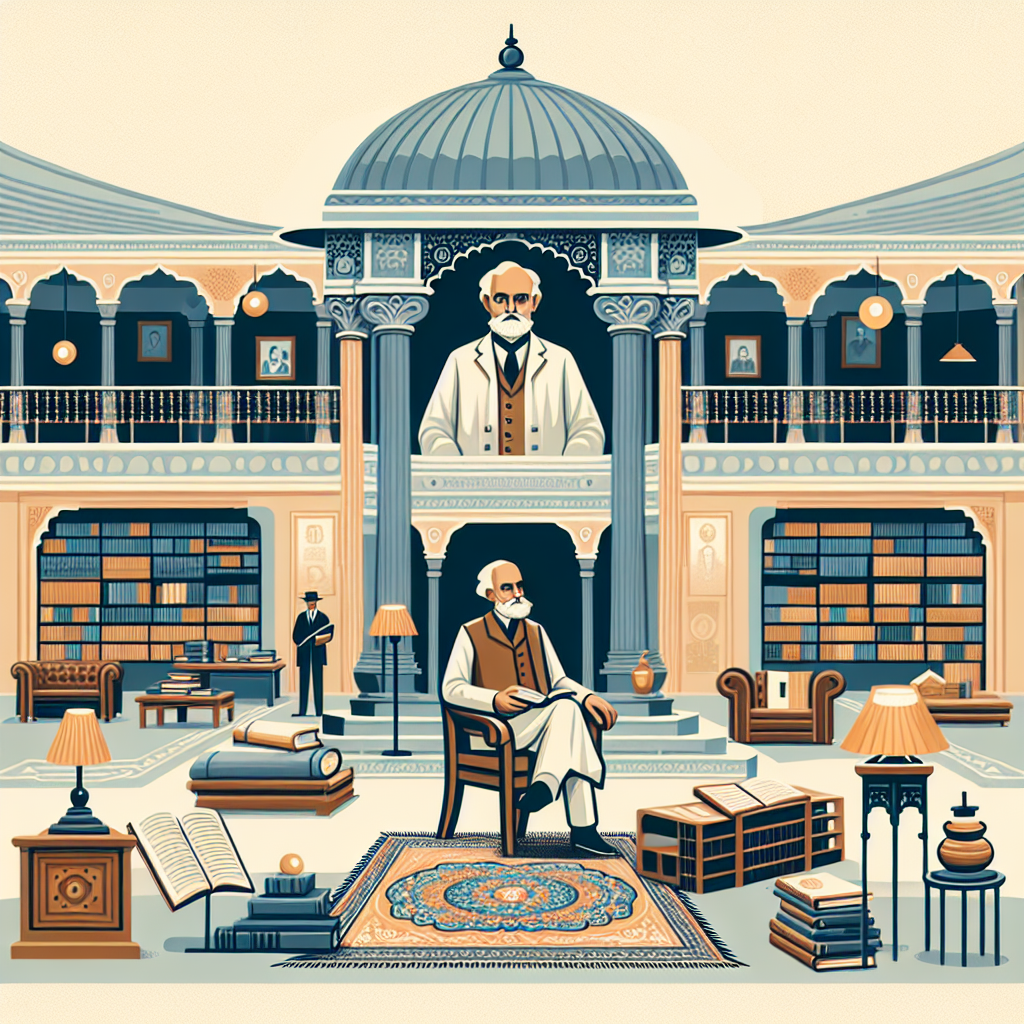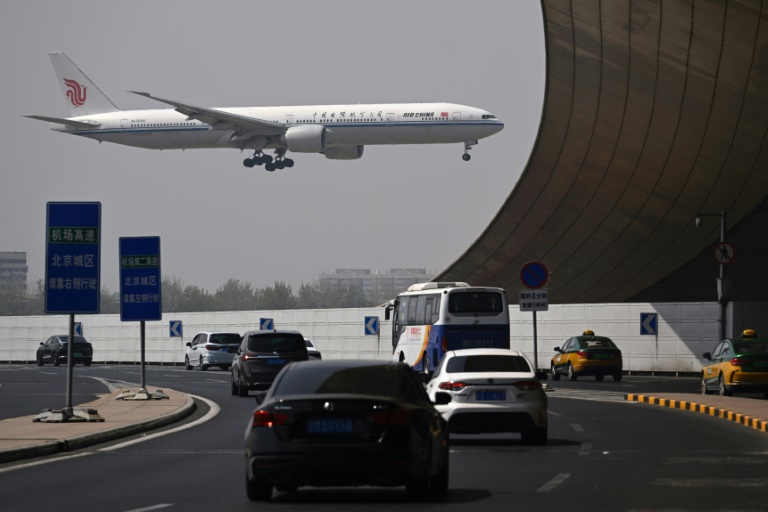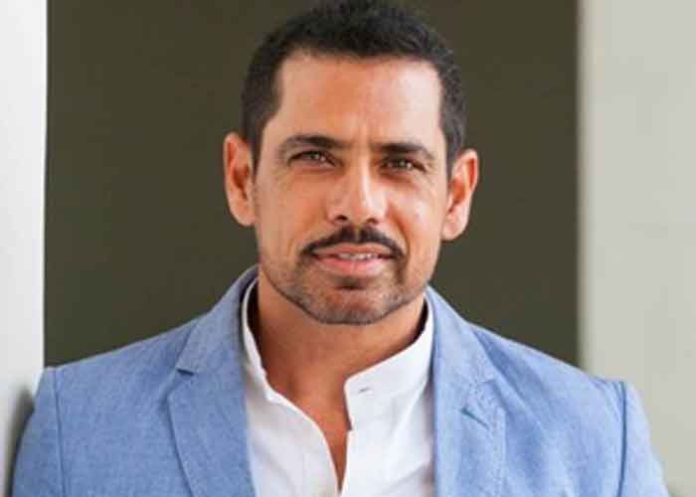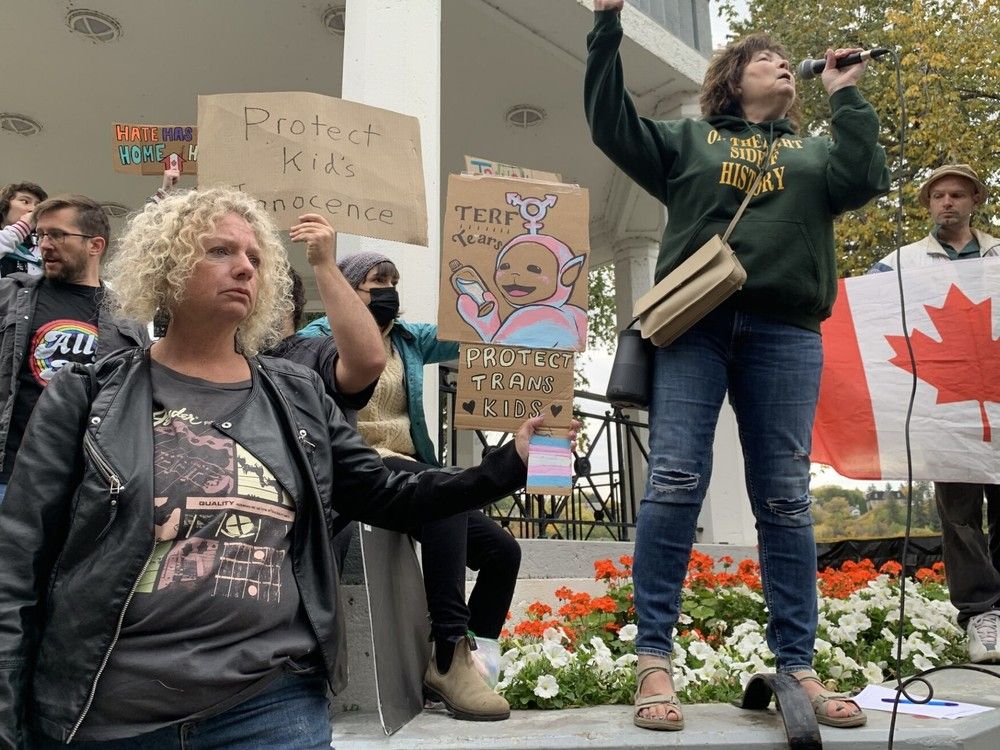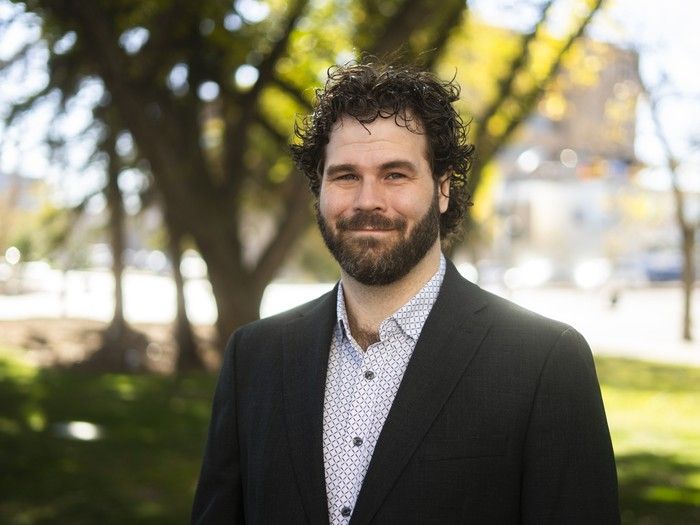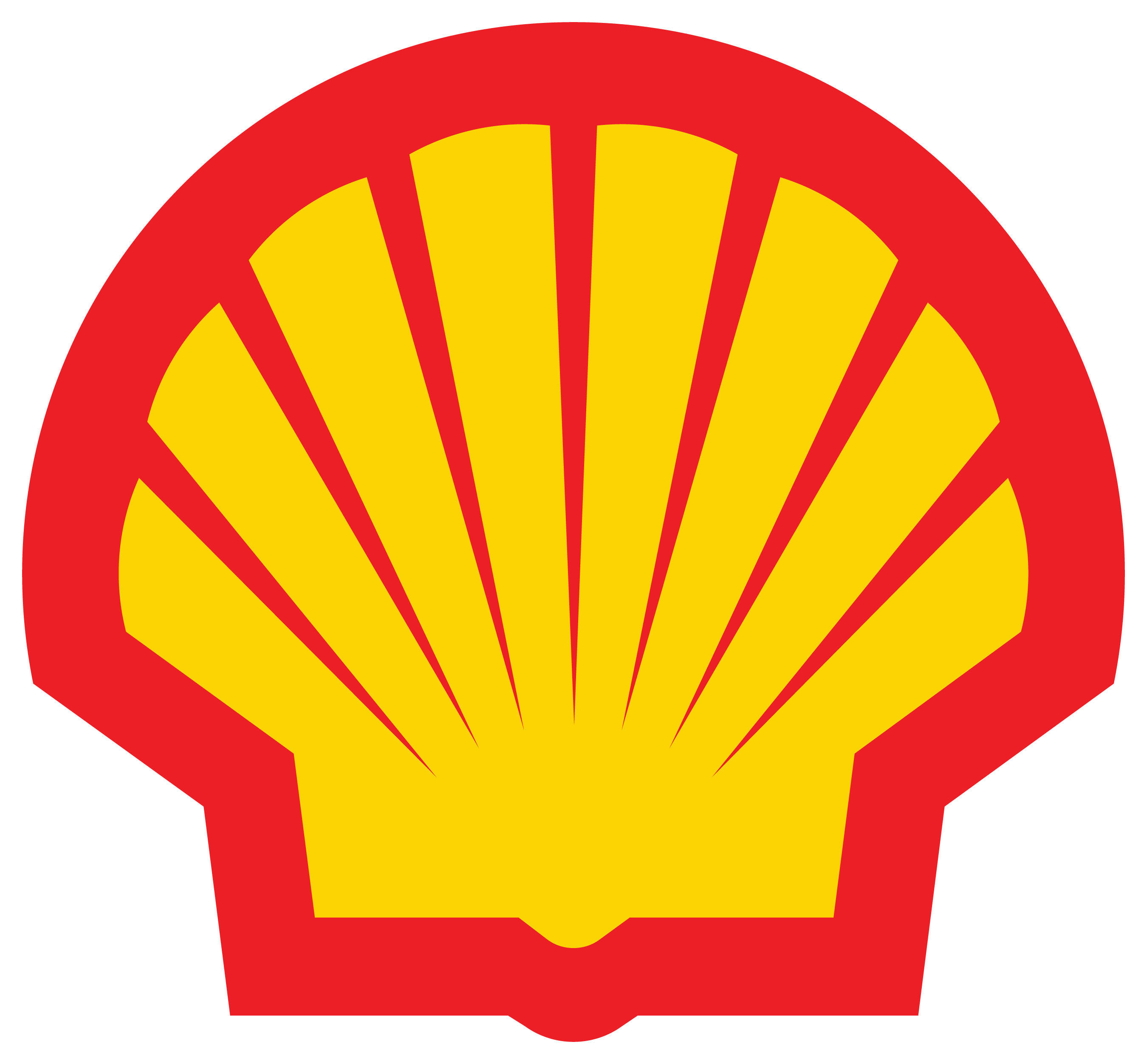Elbows up, eh? We Canadians like to think we can be tough in the face of our current challenges. But are we really that tough? Because we have shown our political leaders that we would rather be pampered than challenged. Read this article for free: Already have an account? As we navigate through unprecedented times, our journalists are working harder than ever to bring you the latest local updates to keep you safe and informed.
Now, more than ever, we need your support. Starting at $15.99 plus taxes every four weeks you can access your Brandon Sun online and full access to all content as it appears on our website.

or call circulation directly at (204) 727-0527. Your pledge helps to ensure we provide the news that matters most to your community! To continue reading, please subscribe: *$1 will be added to your next bill. After your 4 weeks access is complete your rate will increase by $4.
99 a X percent off the regular rate. Elbows up, eh? We Canadians like to think we can be tough in the face of our current challenges. But are we really that tough? Because we have shown our political leaders that we would rather be pampered than challenged.
Read unlimited articles for free today: Already have an account? Opinion Elbows up, eh? We Canadians like to think we can be tough in the face of our current challenges. But are we really that tough? Because we have shown our political leaders that we would rather be pampered than challenged. How tough we are — and how tough we think we are — has changed over the years.
Our ancestors were much tougher than we are. For most of us, you don’t have to go back too far to find folks living in meagre dwellings and working long hours for a basic livelihood. So today we aren’t that tough.
But our concept of how tough we are has also changed. Not that long ago, we could hear that tackling climate change required an effort comparable to fighting the First or Second World War. Now, imagine what people of the past who fought those wars might say to us: “We sacrificed and won world wars and you couldn’t pay a carbon tax? A tax that was mainly refunded to you!” Then NDP Leader Tom Mulcair asks a question during question period in the House of Commons on Parliament Hill in Ottawa on Dec.
7, 2016. Columnist David McConkey wonders what might have been if Canadians were really as tough as they think they are. (The Canadian Press) And now we seem to have given up on dealing with climate change altogether.
Partly, the issue has been overtaken by the new threats coming from the United States. But mainly, the issue has been overtaken by the skilful rhetoric of Pierre Poilievre. Not that Poilievre offered an alternative plan of how we might address climate change.
OK, then, let’s forget about climate change; we are tired of worrying about it anyway. The new crisis is the threat of trade collapse and even annexation from the U.S.
But we don’t hear about comparisons with the world wars anymore. Yes, as the years go by, the memory of those wars slips out of our collective consciousness. But we are also embarrassed at the comparison.
We know we aren’t that tough. And we would rather not be reminded of it, thank you very much. Right now we should husband our resources to meet the U.
S. crisis. There will be a need to help laid-off workers, assist crippled industries, build new infrastructure, increase military spending and not collapse into more debt.
Maybe even remember climate change. But both the Liberals and Conservatives propose to blow billions with general income tax cuts. Politicians like to frame it as a reduction in the “lowest tax rate.
” But every taxpayer — even the wealthiest among us — pays that rate on their first $56,000 of income. These across-the-board tax cuts are what policy analysts do not recommend but taxpayers do like. What about considering better ideas? Like raising the GST back to seven per cent? But our politicians know that we voters are attracted to the flashy appeal and the short-term outlook.
Take the 2015 election. Please! Canadians wanted a change from the Stephen Harper decade — fair enough. And we could have elected the opposition party: Tom Mulcair and the NDP, who presented a moderate leader and proposed a balanced budget.
Instead, we chose Justin Trudeau, who won us over with pizzazz and the sweet notion that we need not be bothered about budget deficits. Of course we cannot know how a Mulcair NDP government would have turned out over the last decade. But given his temperament and his policy proposals, there is a good chance that we could have avoided the fiscal recklessness, the scandals, the arrogance and the condescending virtue signalling of the Trudeau era.
We might also have avoided the reaction to Trudeau that has resulted in Poilievre, who is more right wing and more angry than most Canadians would prefer. Who knows where we could be today? We might now be retiring a Mulcair New Democratic government and ushering in an Erin O’Toole Conservative one. We might even have snagged Mark Carney as a (Conservative) Minister of Finance! And don’t worry: no matter how things turned out, we could still heartily complain! Too bad we can’t go back in time and run different scenarios.
All we know is that what we citizens expect and choose determines the political leaders who give us what we want. Citizens: let’s not be afraid. To expect better.
To choose wisely. And to toughen up, eh? Advertisement Advertisement.




